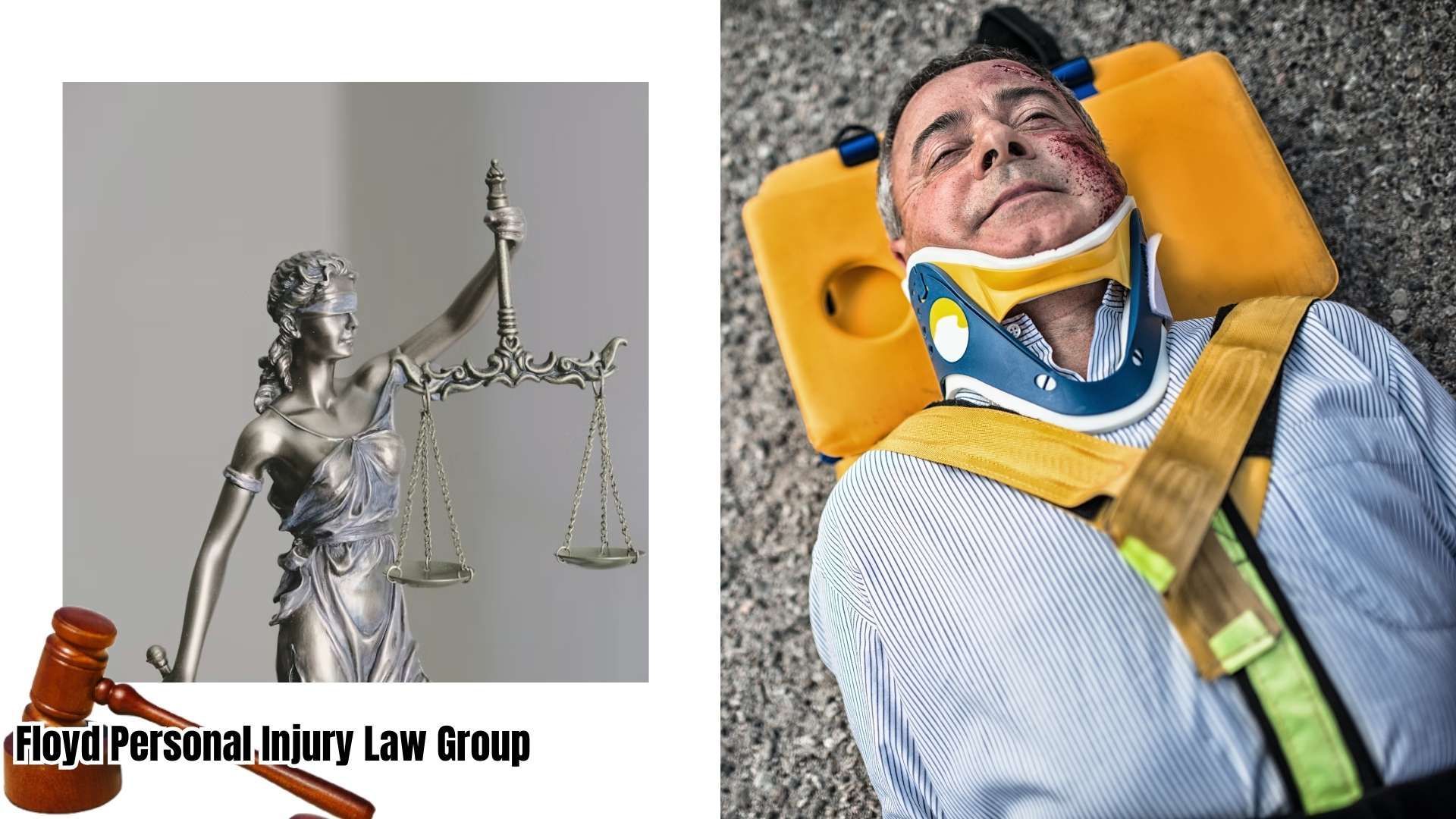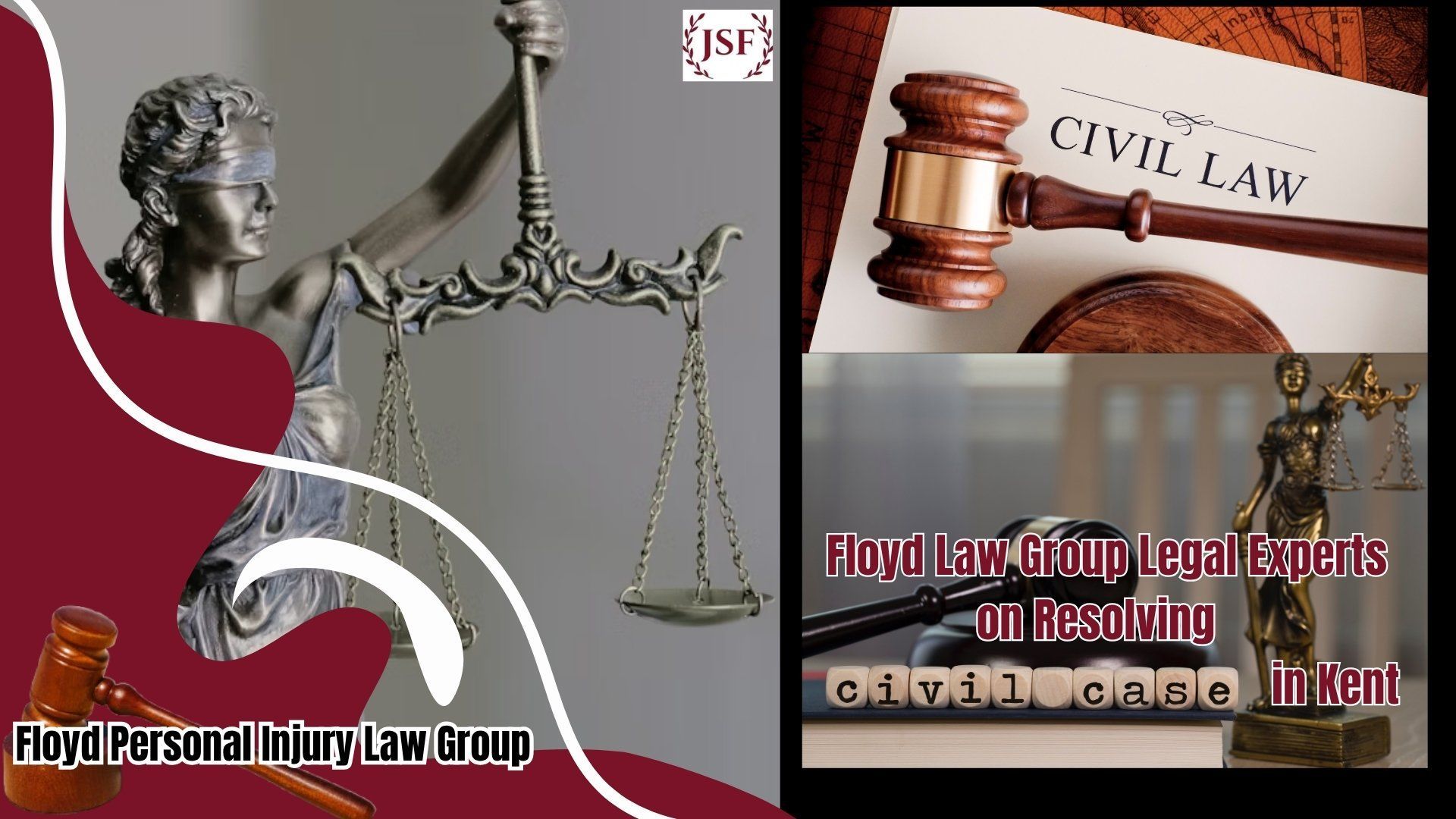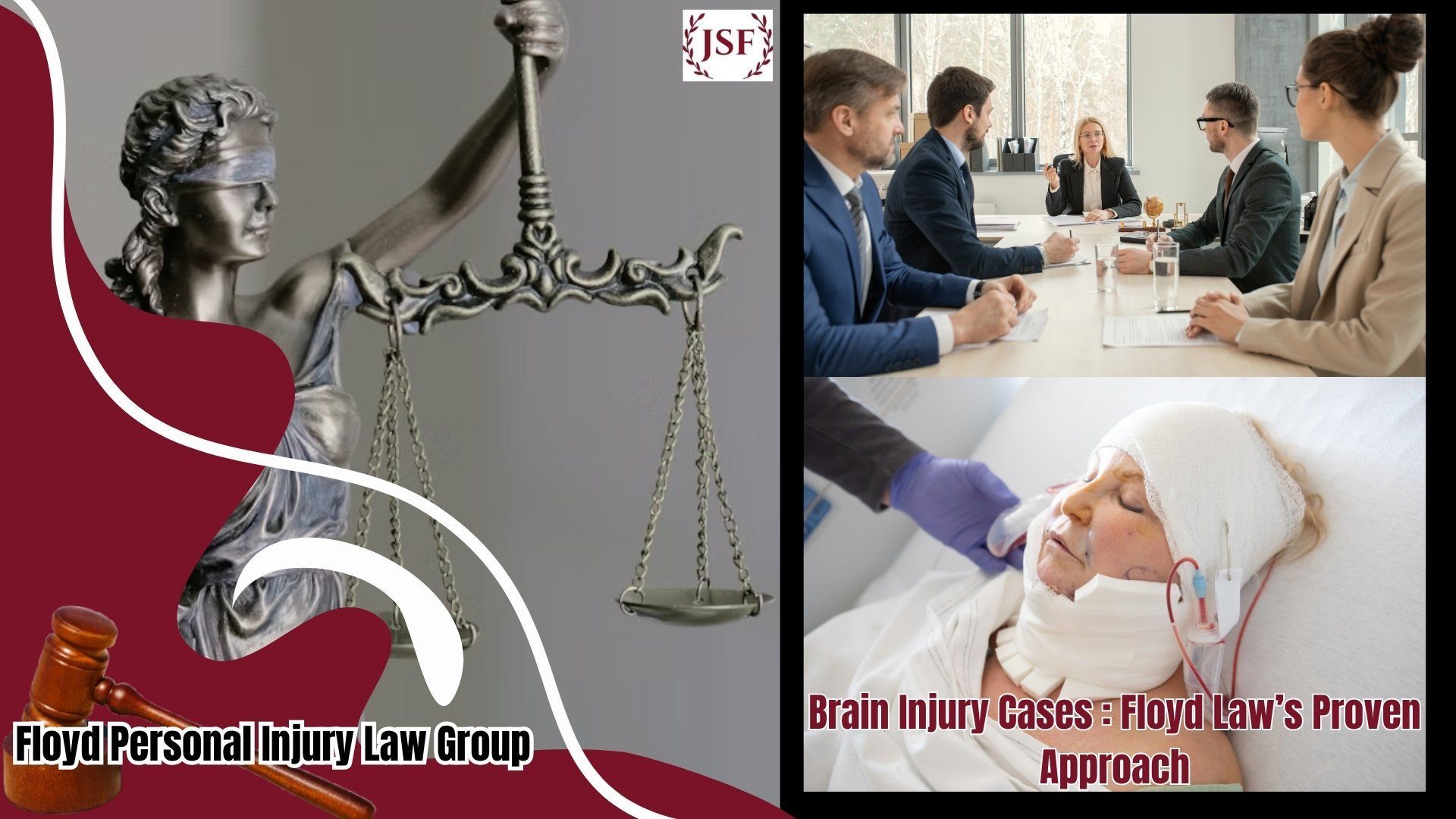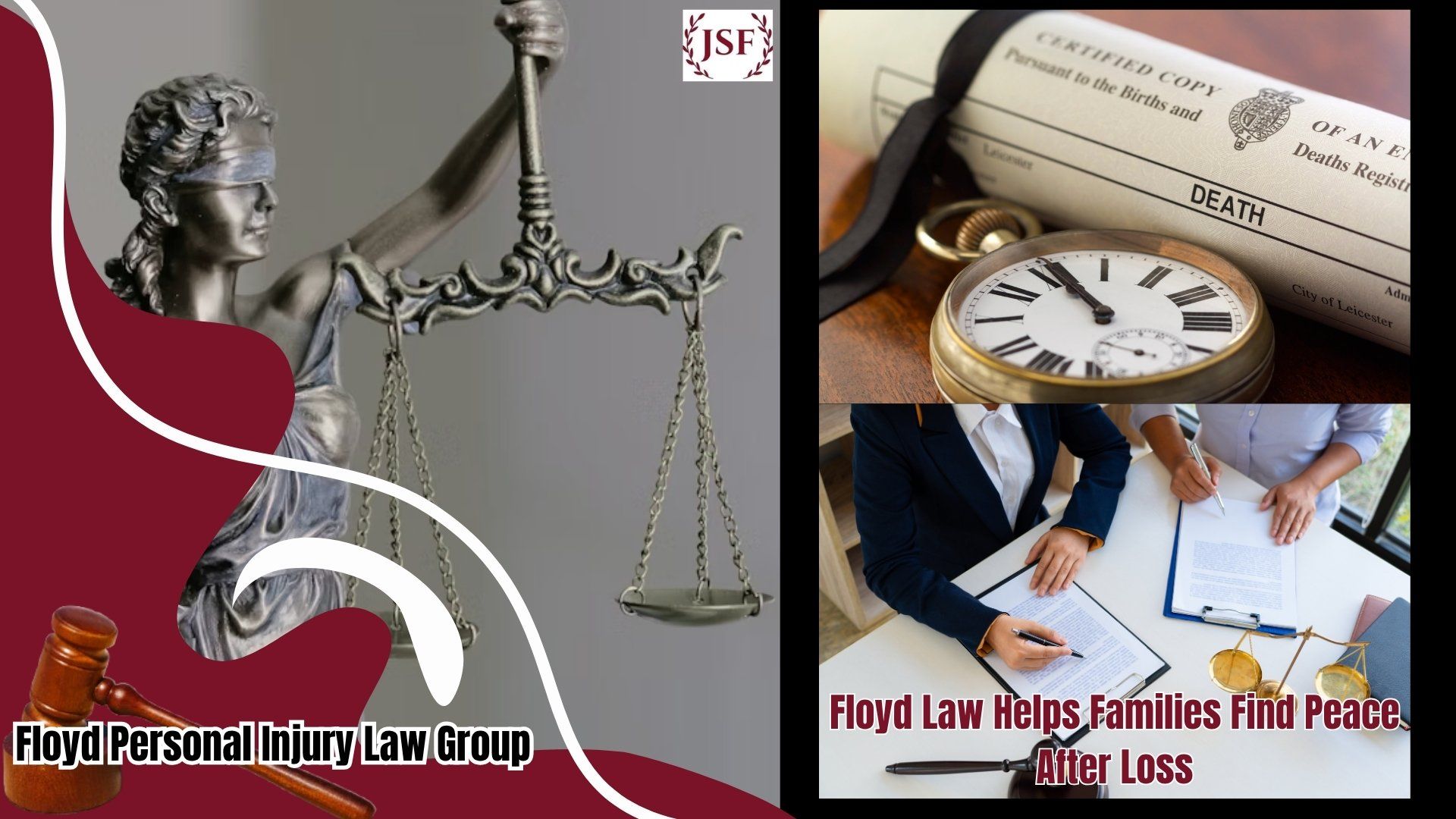Common Mistakes to Avoid in a Personal Injury Claim
Filing a personal injury claim after an accident can be a complex and stressful process. Unfortunately, many people make critical mistakes along the way that can jeopardize their chances of receiving fair compensation. By avoiding these common pitfalls, you can protect your rights and strengthen your claim.
Here are the most common mistakes people make when pursuing a personal injury claim—and how to avoid them.
1. Giving a Recorded Statement to Insurance Adjusters:
After an accident, insurance adjusters may reach out and ask you to provide a recorded statement. While they may seem friendly and concerned, their goal is often to gather information that can be used to reduce or deny your claim.
- Why it's harmful: Insurance companies may take your words out of context or use them to downplay the severity of your injuries. Even simple statements like “I’m okay” can be used against you.
- How to avoid it: Politely decline to give a recorded statement. Instead, direct the adjuster to your attorney, who will handle communications to ensure your interests are protected.
2. Accepting an Early Settlement Offer:
It can be tempting to accept the first settlement offer from an insurance company, especially if you’re dealing with mounting medical bills and lost wages. However, early offers are often much lower than what you’re entitled to receive.
- Why it's harmful: Early settlement offers rarely account for the full extent of your injuries and future medical costs. Once you accept an offer, you usually waive the right to seek further compensation.
- How to avoid it: Never accept an offer without consulting with an experienced attorney. Your lawyer can evaluate the offer and negotiate a fair settlement that covers all your damages.
3. Failing to Seek Immediate Medical Attention:
Some injuries, like whiplash or concussions, may not show symptoms immediately after an accident. Failing to seek prompt medical attention not only jeopardizes your health but also weakens your claim.
- Why it's harmful: Insurance companies may argue that your injuries aren’t serious or that they were caused by something other than the accident if you delay treatment.
- How to avoid it: Always see a doctor as soon as possible after an accident, even if you feel fine. Keep a record of all medical visits, treatments, and related expenses.
4. Posting About the Accident on Social Media:
In the age of social media, it’s natural to want to share updates with friends and family. However, anything you post about your accident or your recovery can be used by insurance companies to challenge your claim.
- Why it's harmful: Even innocent posts, such as photos of you socializing or engaging in activities, can be used to suggest that your injuries are not as severe as you claim.
- How to avoid it: Avoid posting anything related to your accident, injuries, or activities while your claim is ongoing. Make sure your social media profiles are private and be cautious about what others post about you.
5. Not Keeping Track of Medical Records and Expenses:
Documenting your injuries and expenses is crucial to building a strong personal injury claim. Failing to keep accurate records can make it difficult to prove the full extent of your damages.
- Why it's harmful: Without detailed medical records and receipts, it may be challenging to demonstrate the severity of your injuries or the financial impact they’ve had on your life.
- How to avoid it: Keep all medical bills, treatment records, and receipts related to the accident. Track your lost wages and any other expenses incurred as a result of the injury.
6. Waiting Too Long to File a Claim:
Each state has a statute of limitations that sets a deadline for filing a personal injury lawsuit. In Washington State, for example, you generally have three years from the date of the accident to file a claim.
- Why it's harmful: If you miss the statute of limitations, you may lose your right to pursue compensation, no matter how valid your claim is.
- How to avoid it: Don’t delay. Contact a personal injury attorney as soon as possible to ensure your claim is filed on time.
7. Not Hiring an Experienced Attorney:
Navigating the legal complexities of a personal injury claim on your own can be overwhelming. Without an attorney, you may be at a disadvantage when dealing with insurance companies and legal procedures.
- Why it's harmful: Without proper legal representation, you may accept a low settlement, make costly errors, or fail to properly present your case.
- How to avoid it: Consult with an experienced personal injury attorney who can guide you through the process, protect your rights, and maximize your compensation.
Need Help with Your Personal Injury Claim? Contact Us Today!
At Floyd Personal Injury Law Group, we’re dedicated to helping accident victims avoid costly mistakes and get the compensation they deserve. Contact us today for a free consultation and let us help you navigate your personal injury claim with confidence.











